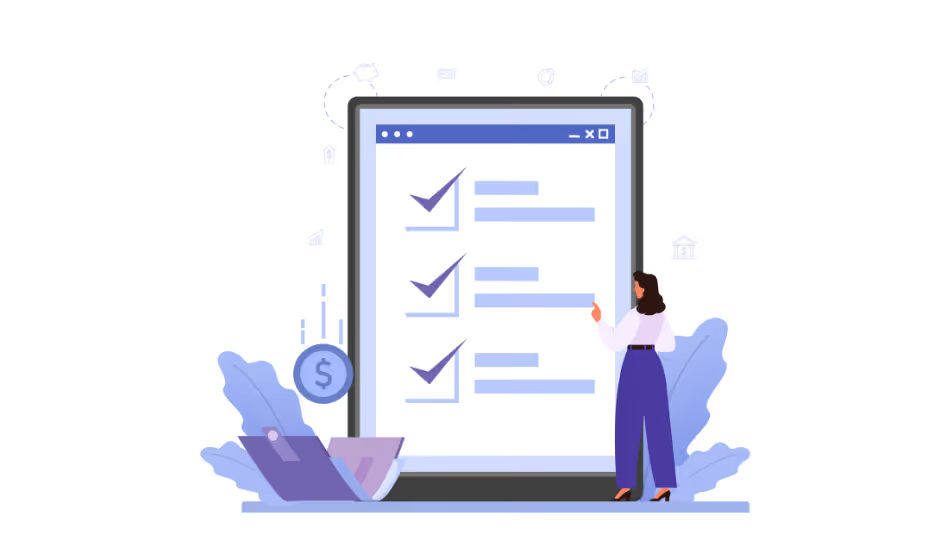Managing cash flow in accounting is one of the most important aspects of running a business. Even profitable companies can face financial strain if their inflows and outflows of money are not properly managed. This is where modern accounting software plays a key role. It not only simplifies daily bookkeeping but also helps businesses track, analyze, and optimize their accounting and cash flow in real time.
Understanding Cash Flow in Accounting
In simple terms, cash flow in accounting refers to the movement of money into and out of a business. It includes:
- Cash inflows: Revenues from sales, loans received, or investments.
- Cash outflows: Payments for expenses, salaries, supplier invoices, taxes, or loan repayments.
By tracking these flows, businesses can evaluate whether they have enough liquidity to meet short-term and long-term obligations.
What Accounts Affect Cash Flows?
Several key accounts directly affect cash flow in a company’s financial system. These include:
- Accounts Receivable: Delayed customer payments reduce cash inflows.
- Accounts Payable: The timing of supplier payments influences outflows.
- Inventory: Holding excess stock ties up cash that could be used elsewhere.
- Loans and Financing Accounts: Loan repayments, interest, or new funding affect both inflows and outflows.
- Operating Expenses Accounts: Day-to-day costs such as rent, utilities, and salaries directly impact available cash.
Accounting software integrates these accounts, making it easier to see how each impacts overall liquidity.
How Does Cash Flow Work in Accounting?
In accounting, cash flow is typically tracked through the cash flow statement, which is divided into three sections:
- Operating Activities: Cash from sales and daily business operations.
- Investing Activities: Cash used for or generated from buying or selling assets.
- Financing Activities: Cash from loans, issuing shares, or repaying debts.
Accounting software automatically organizes this information, ensuring businesses get a clear, real-time picture of their financial position.
Impact of Accounting Software on Cash Flow
Here are the major ways accounting software influences and improves cash flow management:
- Real-Time Tracking of Inflows and Outflows
Accounting software updates transactions instantly. Business owners can monitor accounting and cash flow at any moment, reducing the chances of surprises. - Faster Invoicing and Payments
Delayed customer payments are one of the biggest threats to cash flow. With automated invoicing features, reminders, and integrated payment gateways, software ensures businesses get paid faster. - Better Expense Control
The system categorizes expenses and highlights overspending areas. By controlling costs, companies can protect cash reserves. - Forecasting and Planning
Accounting software offers cash flow projections. By analyzing patterns, businesses can anticipate shortages and plan accordingly, such as arranging short-term financing. - Integration with Banking
Many platforms sync directly with bank accounts, giving businesses up-to-date records of balances and transactions. This avoids manual errors and helps with accurate cash flow in accounting. - Reduced Errors in Reporting
Manual accounting can lead to mistakes that distort cash flow statements. Automated systems reduce errors, ensuring reliable financial reporting. - Compliance and Tax Planning
Timely recording of cash movements helps in accurate tax filing. Businesses can also use the data for audits and compliance requirements.
Example of Cash Flow Optimization with Software
Imagine a small business struggling with late customer payments. By adopting accounting software, it starts using automated invoicing and reminders. As payments become more timely, accounts receivable decrease, improving liquidity. The software also highlights high spending on inventory, prompting the business to adjust purchasing. Together, these changes improve overall cash flow and stability.
Final Thoughts
Strong cash flow in accounting is essential for sustaining growth. Since many factors influence what accounts affect cash flows, businesses need tools that provide clarity and control. Accounting software does exactly that, offering real-time insights, automation, and forecasting.
By understanding how cash flow works in accounting and leveraging the right software, companies can ensure smoother operations, avoid financial crunches, and make smarter strategic decisions.



